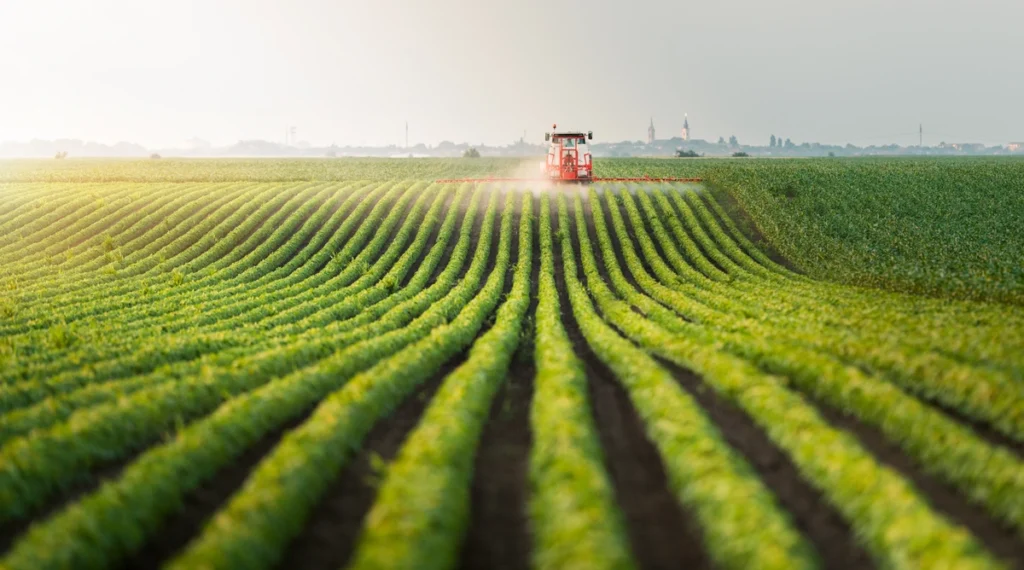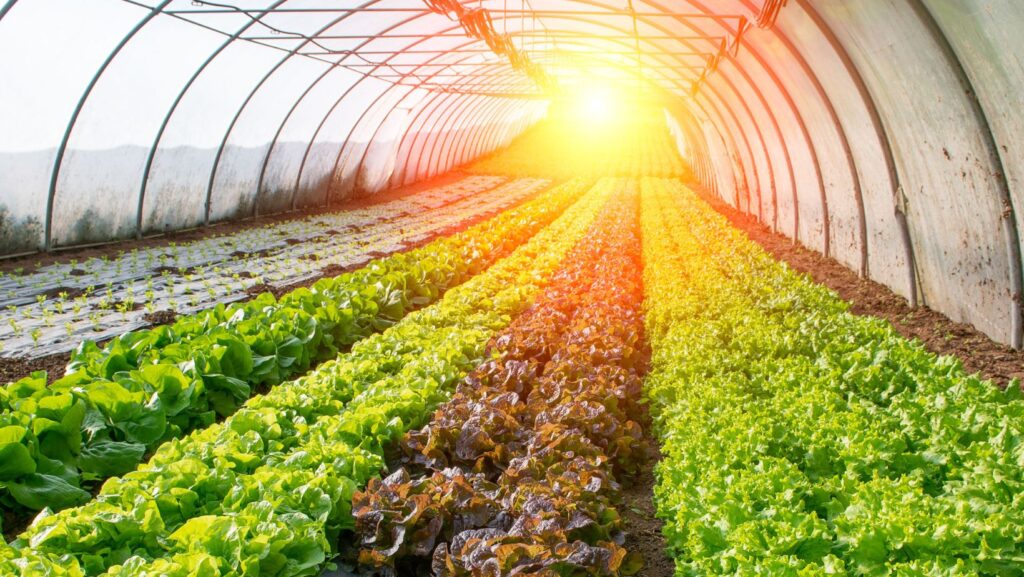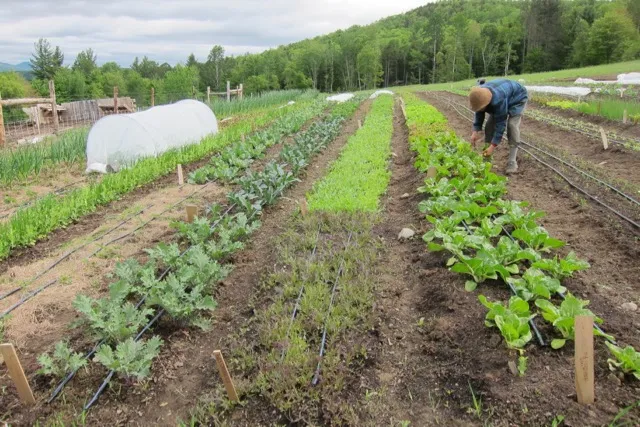In the US, less than 1% of total farmland is under certified organic production.
While this represents a small percentage of the overall agricultural landscape, the organic food market has seen significant growth in recent years.
Organic farming is a sustainable agricultural practice that emphasizes environmental health and biodiversity while minimizing the use of synthetic inputs like pesticides and fertilizers. It involves a holistic approach to crop and livestock management, aiming to create healthy soil, reduce reliance on external inputs, and support animal welfare.
Here’s a more detailed look at organic farming:
Key Principles:
Soil Health:
Organic farming prioritizes building healthy soil through practices like crop rotation, cover cropping, and composting to improve soil fertility, structure, and water retention.
Biodiversity:
Organic systems encourage biodiversity by fostering a variety of plant and animal species, which contributes to a more resilient and stable ecosystem.
Minimal Synthetic Inputs:
Organic farmers avoid using synthetic fertilizers, pesticides, and herbicides, relying instead on natural methods for pest and disease control, nutrient management, and weed suppression.
Animal Welfare:
Organic livestock management emphasizes animal welfare, with standards requiring access to pasture, suitable housing, and natural feeding practices.
Methods and Practices:
Crop Rotation:
Rotating different crops helps to break pest and disease cycles, improve soil fertility, and reduce the need for synthetic inputs.
Cover Cropping:
Planting cover crops during the off-season helps to prevent soil erosion, improve soil structure, and add nutrients to the soil.
Composting:
Composting organic materials, like plant matter and animal manure, creates nutrient-rich compost that can be used to fertilize crops.
Natural Pest Control:
Organic farmers use methods like companion planting, attracting beneficial insects, and employing biological controls to manage pests and diseases without synthetic chemicals.
Animal Husbandry:
Organic livestock management emphasizes animal welfare, with standards requiring access to pasture, suitable housing, and natural feeding practices.
Benefits of Organic Farming:
Environmental Sustainability:
Organic farming contributes to environmental health by improving soil health, reducing pollution, and promoting biodiversity.
Reduced Chemical Exposure:
Organic farming reduces the risk of exposure to synthetic pesticides and herbicides, both for consumers and farm workers.
Improved Soil Health:
Organic practices help to improve soil fertility, structure, and water retention, leading to healthier plants and crops.
Animal Welfare:
Organic standards prioritize animal welfare, resulting in a more humane system of livestock management.
Challenges of Organic Farming:
Yield Potential:
While organic yields can be comparable to conventional farming, some organic systems may have lower yields, especially in the early stages of conversion.
Higher Costs:
Organic farming may have higher production costs due to the need for more labor-intensive practices and the cost of organic certification.
Market Access:
Organic products may face challenges in accessing markets, particularly if they are not widely available or recognized.
Transition Period:
Converting to organic farming can be a challenging process, requiring adjustments to farming practices and a commitment to long-term sustainability.
Contact National Landfill Diversion for a quote.







